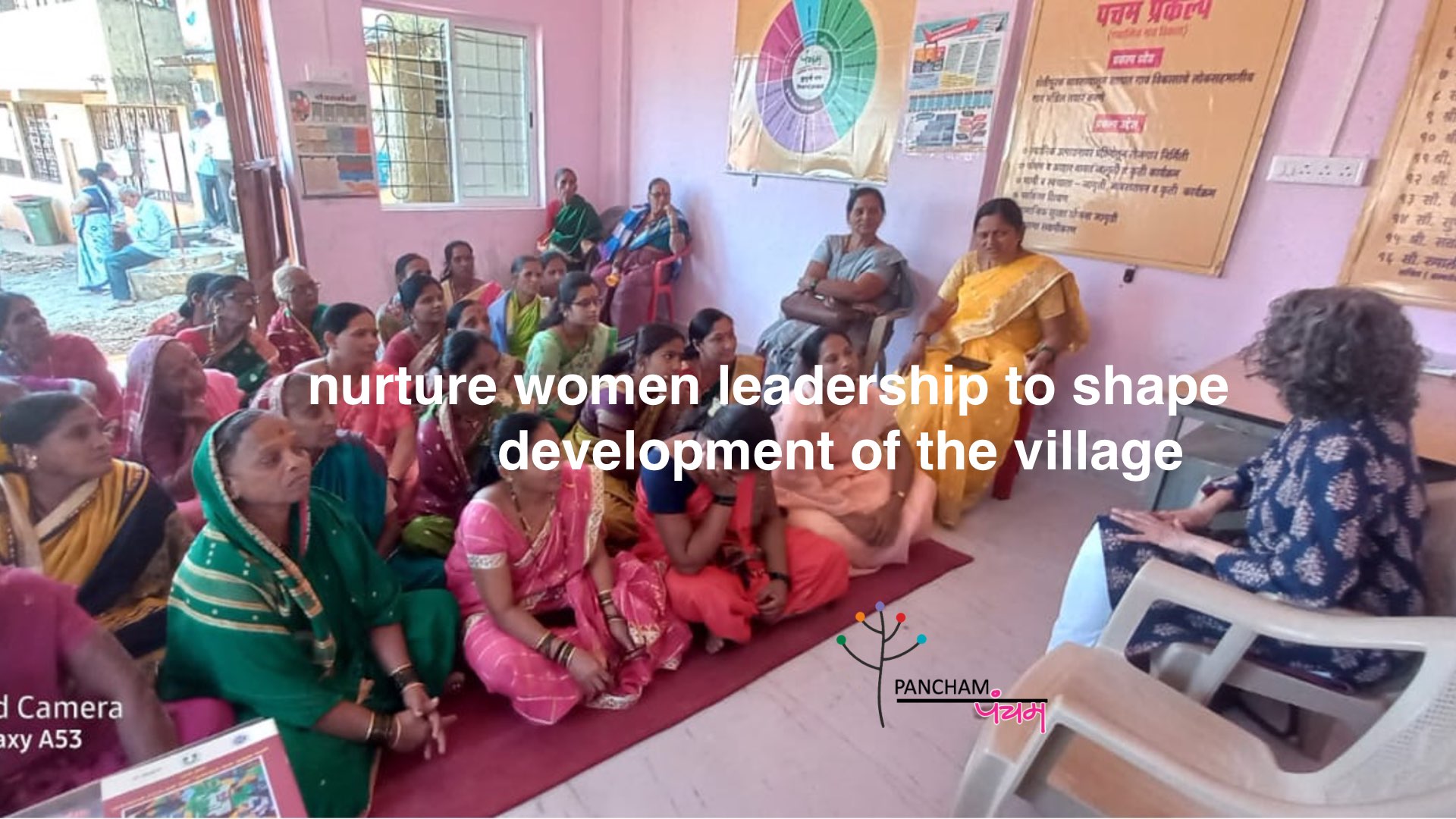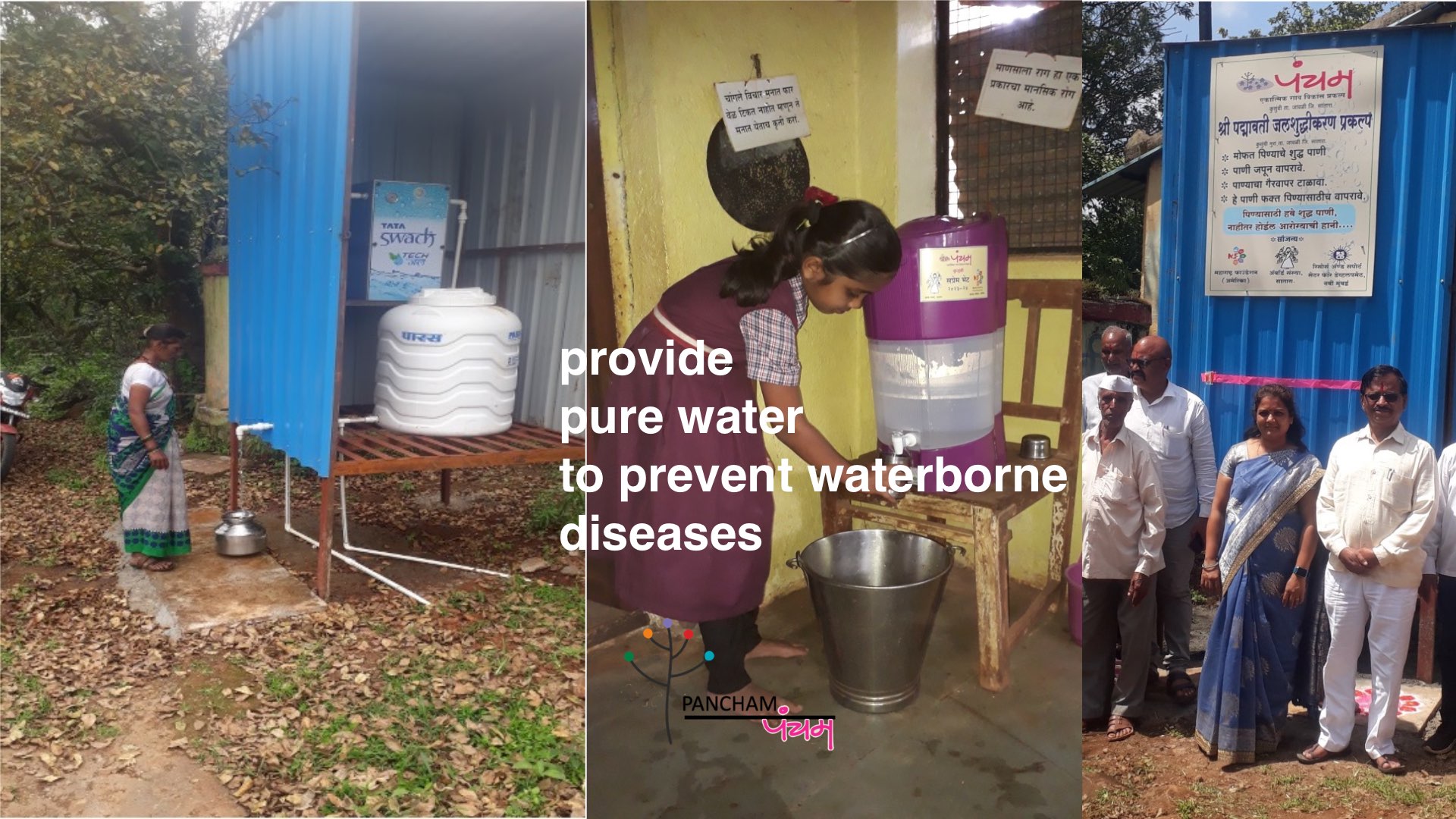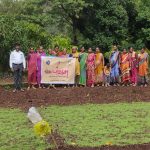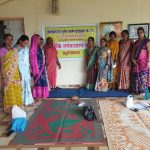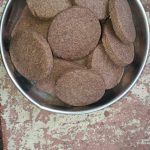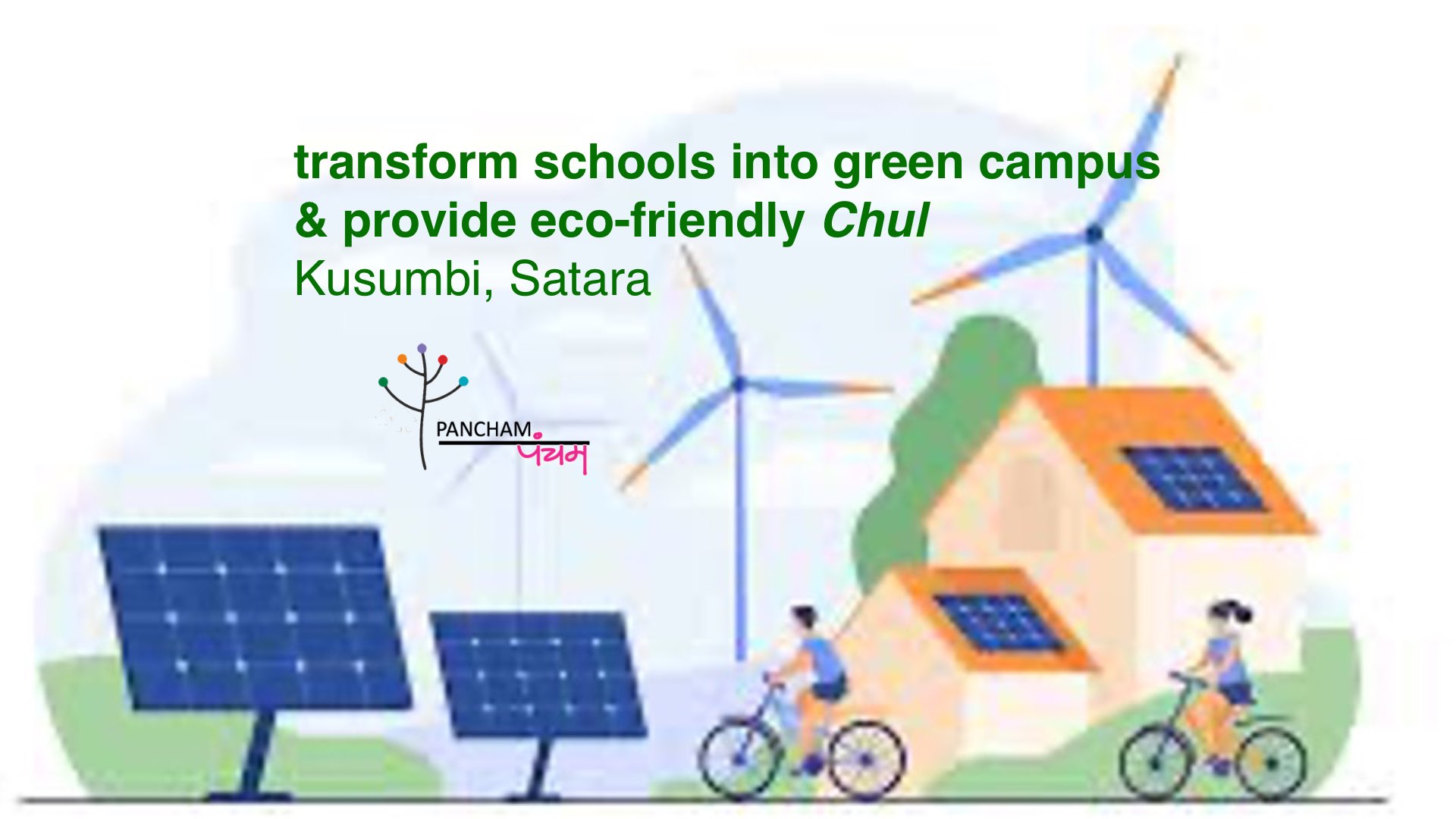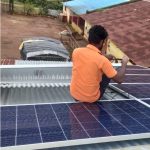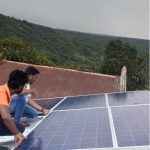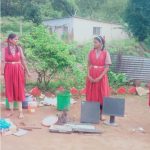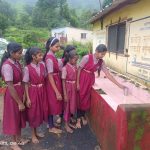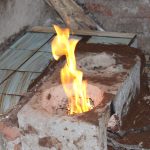The Farmer Producer Organization (FPO) is a legally recognized entity comprising member farmers who collectively aim to provide comprehensive support and services to small-scale farmers. These services encompass various facets of agriculture, including technical assistance, marketing strategies, processing methods, and the provision of essential cultivation inputs. This contemporary approach is designed to ensure that producers receive optimal returns on their agricultural yields.
Maharashtra Foundation, the RSCD & AWARD helped Kusumbi women establish AgroMillet Women Farmer Producer Company, an FPO with a dedicated focus on cultivating Nachani. Their primary objectives are to secure competitive prices for their Nachani crops in the market, create value-added Nachani products, and effectively market them.
This project possesses the potential to serve as an economic catalyst within the village.
All formalities related to the company’s registration have been diligently completed, and women officials have been selected to lead the endeavor.
In 2022, designated as the International Year of Millets, Pancham played a pivotal role in assisting Kusumbi in declaring itself a “Nachani Gao” or Nachani Village. This declaration clearly communicated the village’s commitment to making Nachani their primary crop, thereby empowering Kusumbi farmers to negotiate better prices for their produce in the market.
A series of training programs were organized, featuring experts from renowned agricultural institutes. Additionally, 80 kilograms of improved Nachani seeds were distributed to the farmers to enhance their crop yields.
Pancham has pledged funding support for a bakery, further diversifying income sources.
The search for suitable land to establish a processing plant is currently underway.
It is anticipated that the FPO will become fully operational by the conclusion of 2023.

